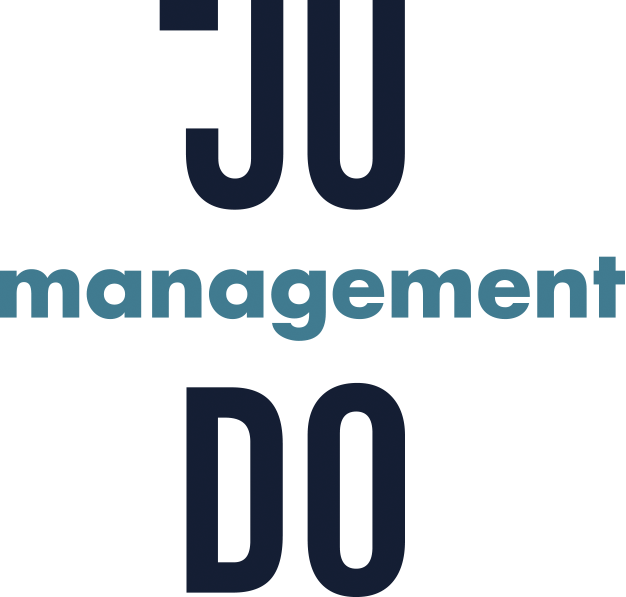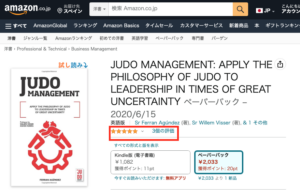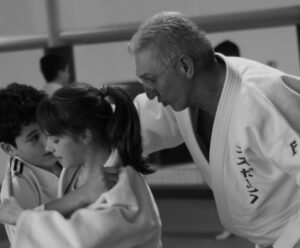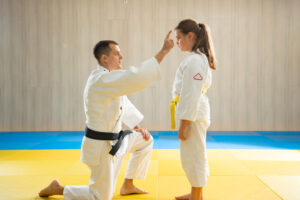Aditional remarks
Apart from the coach all sort of counsellors have come to the fore; social, mental, medical and paramedical, financial counsellors, dieticians, etc.
The coach is not a counsellor in this way. He should not permit himself to be called: ‘counsellor’ and should not go along with this gimmick!
In respect of knowledge and skills a coach should be thoroughly educated and formed (and this is a continuing process) in distinguishing how complex the sum of the part is, which guarantees the final result.
All knowledge creating or improving the results should be applied. A coach should study all that knowledge and should extend it all the time. The coach must not be called a counsellor, trainer or coordinator.
The coach should concentrate on the individual as a complex subject (and mind you, the individual chooses, independently, accepts the consequences of one’s choice and is, if necessary, hard as nails on oneself).
The coach has a primary status: counsellors a secondary (or should be moved down to that status!!). Counsellors’ activities fall under the responsibility of the coach, no matter how expert the counsellor may be. The coach is a merging factor of all those extra activities!!
A club coach or personal coach is a project-manager. He works on a basis of confidence with the individual as a complex subject.
A national coach is a programme-manager, knows and commands the projects and out of all the different kinds of projects he is supposed to create something that is more than the sum of those projects.
Every coach may never forget that a coach has to develop true sportsmanship, fair play:
- Respecting the rules of the game;
- Respecting officials and accepting their decisions;
- Respecting the opponent;
- Providing all participants with equal opportunities;
- Maintaining dignity in all circumstances.
Willem Visser
Executive coach, Strategic Adviser, International Lecturer; 8th Dan Judo IJF
With gratitude to all my teachers, specialists, colleagues and especially all the judoka that I was allowed to guide and to coach.
Sources and inspiring professionals:
Van der Horst, Cobben, Abe, Saitoh, Yamashita, Uemura, Sugawara, Murata, Hosokawa, Komata, Takahashi, Nakamura, Kasuga, Kawashima, Kariya, Brousse, Besson, Rougé, Ruska, Geesink, de Cree, Barta, Vachun, Viser, Lascau, McConnell, Snijders, Sins, Hoogendijk, Boersma, Odinot, van Dijk, Klok, Agúndez, Landsberg, Covey, de Waal, DeCaluwe, Drucker, Franzen, Goldratt, Hammer, Kets de Vries, Kotler, Mastenbroek, Mintzberg, Peters, Porter, Quinn, ten Bos, Trompenaars, Vinke, Weggeman, Wissema and many others.




